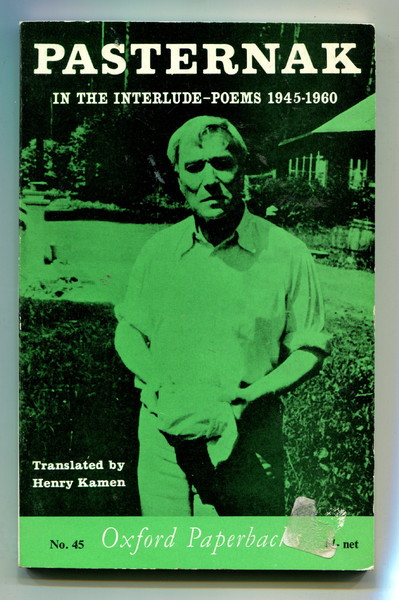Russian language poet, novelist, and literary translator. In his native Russia, Pasternak’s anthology My Sister Life, is one of the most influential collections ever published in the Russian language. Furthermore, Pasternak’s theatrical translations of Goethe, Schiller, Pedro Calderón de la Barca, and William Shakespeareremain deeply popular with Russian audiences.
Outside Russia, Pasternak is best known for authoring Doctor Zhivago, a novel which spans the last years of Czarist Russia and the earliest days of the Soviet Union. Banned in the USSR, Doctor Zhivago was smuggled to Milan and published in 1957. Pasternak was awarded the Nobel Prize for Literature the following year, an event which both humiliated and enraged the Communist Party of the Soviet Union. In the midst of massive campaign against him by both the KGBand the Union of Soviet Writers, Pasternak reluctantly agreed to decline the Prize. In his resignation letter to the Nobel Committee, Pasternak stated the reaction of the Soviet State was the only reason for his decision.
By the time of his death from lung cancer in 1960, the campaign against Pasternak had severely damaged the international credibility of the U.S.S.R. He remains a major figure in Russian literature to this day. Furthermore, tactics pioneered by Pasternak were later continued, expanded, and refined by Aleksandr Solzhenitsyn and other Soviet dissidents.
E01
